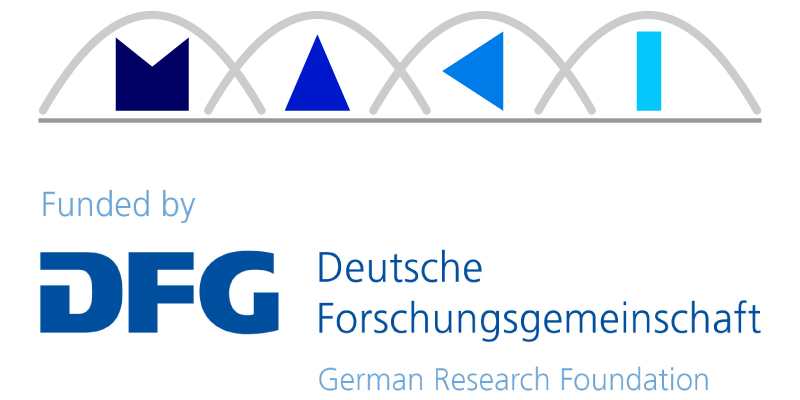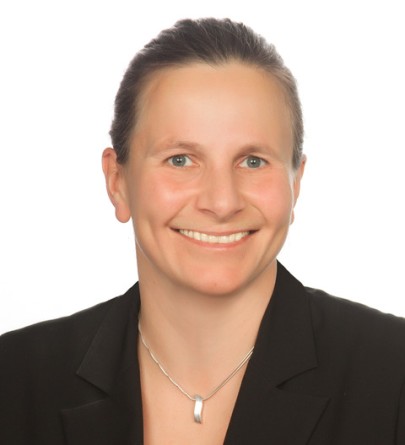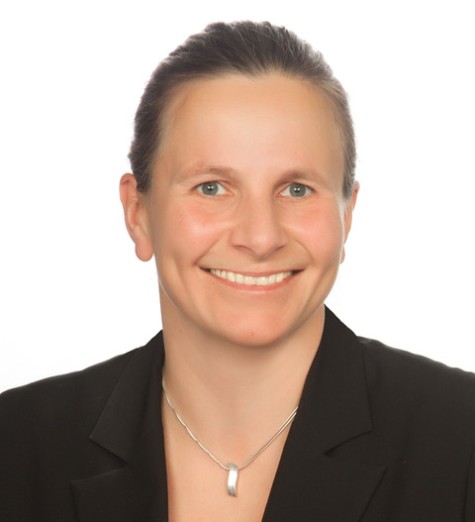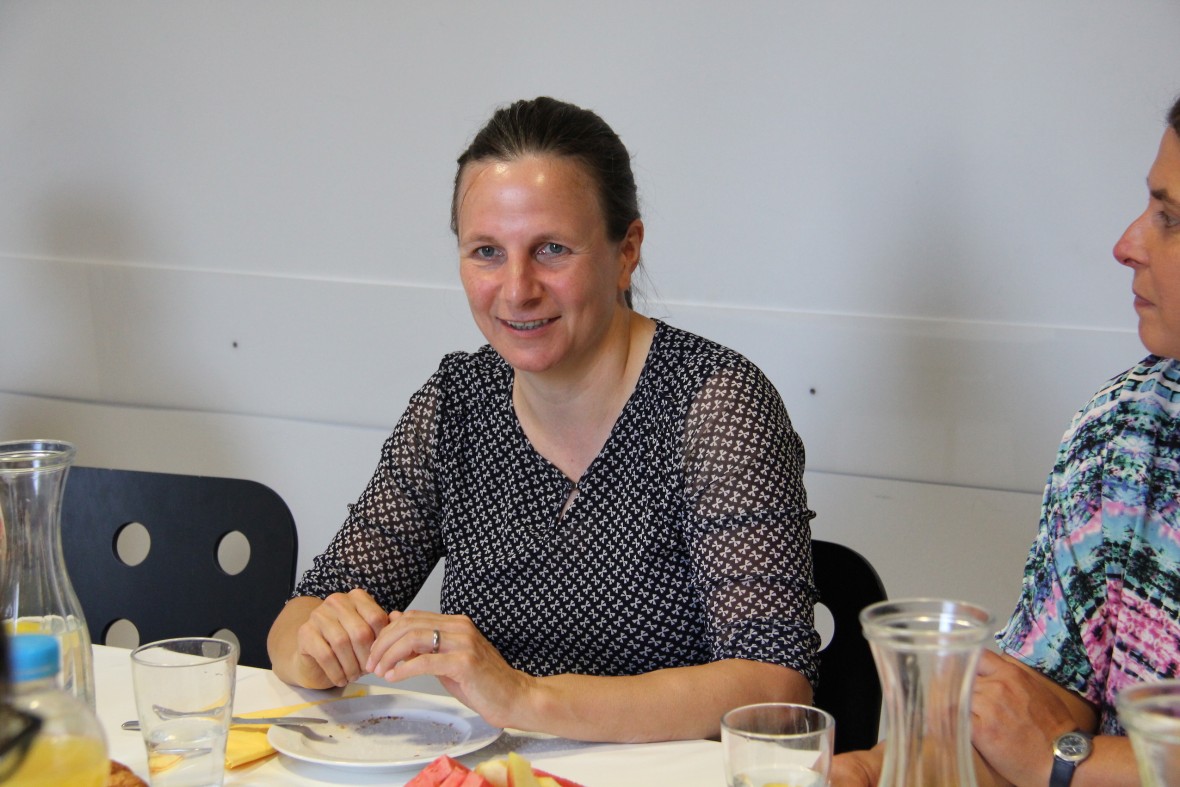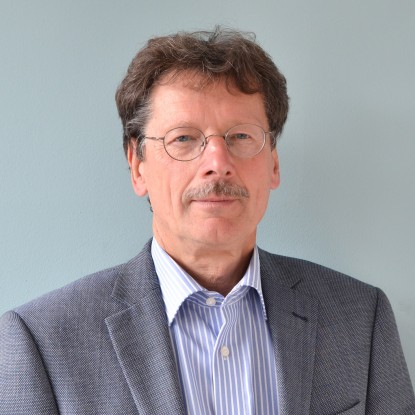Prof. Dr.-Ing. Tanja Zseby
“Networking of Women in Computing” with Prof. Dr.-Ing. Tanja Zseby (TU Vienna)
Thursday, 27 June 2019, 09:00 – 12:30 am
S3|20 KOM-Lounge (room111), Rundeturmstr. 10, 64283 Darmstadt
9:00 – 10:30 am Networking for Women
11:00 – 12:30 am Presentation for all
Title: “(Un-)Reproducible Research: Experiences from Network Traffic Analysis”
Abstract:
Reproducibility is the key for contributing own findings to the scientific community. Only reproducible research allows a proper comparison of competing methods published by different groups and enables other scientists to critically check and confirm experimental results. Despite its importance for the overall progress of a scientific field, many disciplines do not sufficiently promote and enforce reproducibility. Reasons are difficulties to share data, poor documentation of tools and methods and the lack of incentives to actually reproduce already published results.
In this talk I present experiences with reproducibility in the area of network traffic analysis for flow classification and network security. In the area of network security, the credibility of scientific results is essential for making decisions in real world applications and therefore has a big impact to the overall progress in this field. I show how the lack of reproducibility obstructs the scientific progress and impairs the applicability of new findings to real world systems. I conclude with suggestions to improve reproducibility in network traffic analysis and network security research.
Bio:
Prof. Dr.-Ing. Tanja Zseby is a full professor of communication networks and head of the Institute of Telecommunications at the Faculty of Electrical Engineering and Information Technology at TU Wien. She received her diploma degree (Dipl.-Ing.) in electrical engineering and her doctoral degree (Dr.-Ing.) from TU Berlin, Germany. Before joining TU Wien, she led the Competence Center for Network Research at the Fraunhofer Institute for Open Communication Systems (FOKUS) in Berlin and worked as visiting scientist at the University of California, San Diego. Her research focus is network security, anomaly detection and secure smart grid communication.


